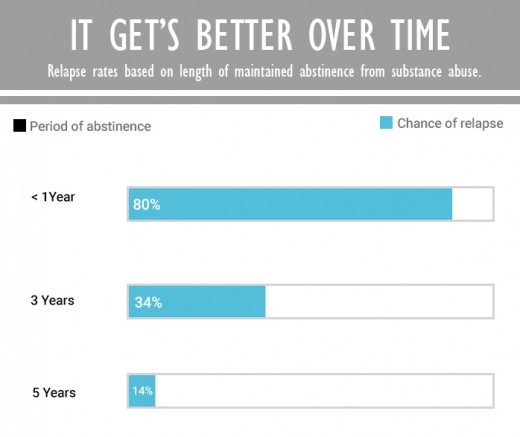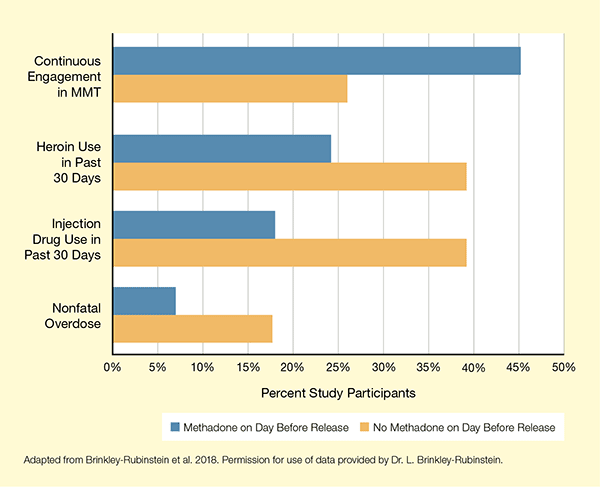14 Detox, and the treatments that follow, can happen in inpatient or outpatient settings:14 Inpatient treatment is any treatment requiring the specific to live at the facility while getting services. Inpatient programs are often housed in hospitals or standalone treatment centers and vary in duration, with longer inpatient treatment frequently described as property treatment.
Outpatient treatments permit the private to go to services throughout the day and sleep in their own bed at night. Outpatient is usually a better suitable for individuals with less serious dependencies and/or strong socials media. Outpatient treatments might continue for several years and levels of care include: Partial hospitalization programs (PHPs).
Intensive outpatient programs (IOPs). Somewhat less intensive than PHPs, IOPs supply in between 6 and 9 hours of treatment each week. Requirement outpatient. This is the least time extensive outlet for outpatient care, offering hour-long sessions weekly or month-to-month. Someone who finished inpatient detox may transition to some kind of continuous treatment to preserve their momentum, such as domestic treatment, PHP, IOP, or standard outpatient.
Another choice for people currently in or ended up with treatment is support system. Support system are conferences arranged and run by individuals in recovery that focus on fellowship, continued focus on sobriety, and returning to others as a method to stay drug-free. For lots Browse this site of, dependency treatment is a long-lasting procedure with continuous professional treatment and aftercare choices to maintain recovery.
What Cause Drug Addiction Fundamentals Explained
3 Whether you think addiction is an illness or not, everybody can agree that addiction is a http://erickdskv651.jigsy.com/entries/general/some-ideas-on-which-of-the-following-best-defines-drug-addiction-you-need-to-know major problem that adversely impacts the lives of the individuals using compounds as well as the individuals in their lives. The suffering that occurs with dependency can be tremendous, however treatment uses a ray of hope for the future.
( 2018 ). Grant, J. E., Potenza, M. N., Weinstein, A., & Gorelick, D. A. (2010 ). Intro to Behavioral Addictions. The American Journal of Drug and Alcohol Abuse, 36( 5 ), 233241. http://doi. org/10. 3109/00952990. 2010.491884. fo National Institute on Substance Abuse. (2018 ). Holden, T. (2012 ). Dependency is not an illness.
Heyman, G. M. (2013 ) - what does drug addiction means. Dependency and Choice: Theory and New Data. Frontiers in Psychiatry, 4, 31. National Institutes of Health. (n. d.). American Psychiatric Association. (2013 ). Diagnostic and statistical manual of mental disorders Click for more (5th ed.). Arlington, VA: American Psychiatric Publishing. National Institute on Drug Abuse. (2018 ).
( 2016 ). National Institute on Drug Abuse. (2018 ). Drug Abuse and Mental Health Services Administration. (2016 ). National Institute on Drug Abuse. (2018 ). Natioasnal Institute on Alcoholic Abuse and Alcohol Addiction. (n. d.). Compound Abuse and Mental Health Services Administration. (2015 ). Detoxification and Compound Abuse Treatment.
Little Known Questions About How To Prevent Relapse In Drug Addiction.

Dependency, medically referred to as a compound usage condition, is an intricate illness of the brain and body that involves compulsive usage of several compounds in spite of serious health and social consequences. Addiction interferes with regions of the brain that are accountable for reward, motivation, learning, judgment and memory. Addiction is specified as an illness by a lot of medical associations, consisting of the American Medical Association and the American Society of Addiction Medication.
Genetic risk aspects account for about half of the likelihood that a person will develop dependency. how is drug addiction a disease. Dependency involves changes in the performance of the brain and body due to persistent use of nicotine, alcohol and/or other substances. The effects of untreated addiction typically include other physical and mental health conditions that require medical attention.
People feel enjoyment when standard needs such as cravings, thirst and sex are pleased. In most cases, these sensations of enjoyment are triggered by the release of specific chemicals in the brain, which strengthen these life-sustaining functions by incentivizing the individual to repeat the habits that produce those gratifying feelings (eating, drinking and procreating).

Gradually, continued release of these chemicals causes modifications in the brain systems associated with reward, motivation and memory. The brain attempts to get back to a balanced state by decreasing its response to those satisfying chemicals or launching tension hormonal agents. As an outcome, a person might need to utilize increasing amounts of the compound just to feel closer to typical.
A Biased View of How To Get Rid Of Drug Addiction
The individual might likewise choose the compound to other healthy satisfaction and might dislike regular life activities. In the most persistent type of the illness, an extreme substance use condition can cause a person to stop caring about their own or others' wellness or survival. These changes in the brain can remain for a very long time, even after the individual stops utilizing substances.
The initial and early choices to use substances are based in large part on an individual's complimentary or conscious option, often affected by their culture and environment. Specific factors, such as a family history of addiction, trauma or improperly dealt with psychological health conditions such as depression and anxiety, might make some people more susceptible to substance use conditions than others.
Perhaps the most specifying symptom of dependency is a loss of control over compound usage. People do not choose how their brain and body respond to compounds, which is why individuals with dependency can not control their use while others can. Individuals with addiction can still stop using substances it's just much more difficult than it is for someone who has actually not become addicted.
With the help and assistance of family, good friends and peers to remain in treatment, they increase their chances of healing and survival. A chronic illness is a long-lasting condition that can be managed however not cured. A lot of individuals who engage in compound use do not establish addiction. And lots of people who do so to a troublesome extent, such as youths throughout their high school or college years, tend to decrease their use once they handle more adult duties.
What Is Drug Addiction Like - Truths
For them, dependency is a progressive, relapsing disease that needs extensive treatments and continuing aftercare, tracking and family or peer assistance to handle their healing. The bright side is that even the most severe, chronic type of the condition can be workable, generally with long-lasting treatment and continued monitoring and assistance for healing.
While the very first use (or early phase use) may be by option, once the brain has actually been altered by dependency, the majority of experts think that the person loses control of their behavior. Choice does not figure out whether something is a disease. Heart illness, diabetes and some types of cancer involve personal options like diet plan, exercise, sun exposure, and so on.
Others argue that addiction is not a disease since some individuals with dependency improve without treatment. People with a moderate compound use condition might recover with little or no treatment. Individuals with the most major kind of dependency normally need intensive treatment followed by long-lasting management of the disease.
Others accomplish recovery by going to self-help (12-step or AA) meetings without getting much, if any, professional treatment. In all cases, professional treatment and a variety of recovery supports ought to be available and accessible to anybody who develops a compound usage disorder. Addiction is a treatable disease.
